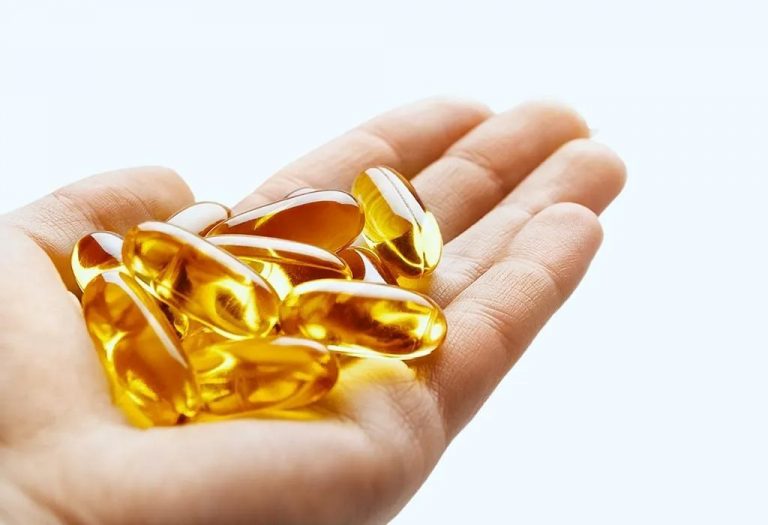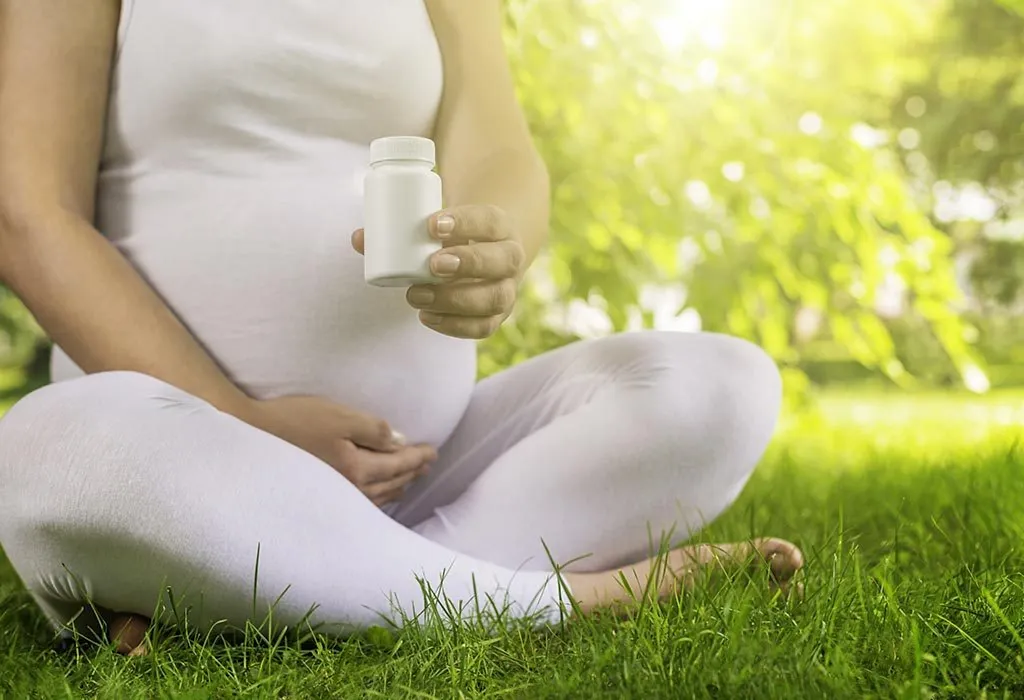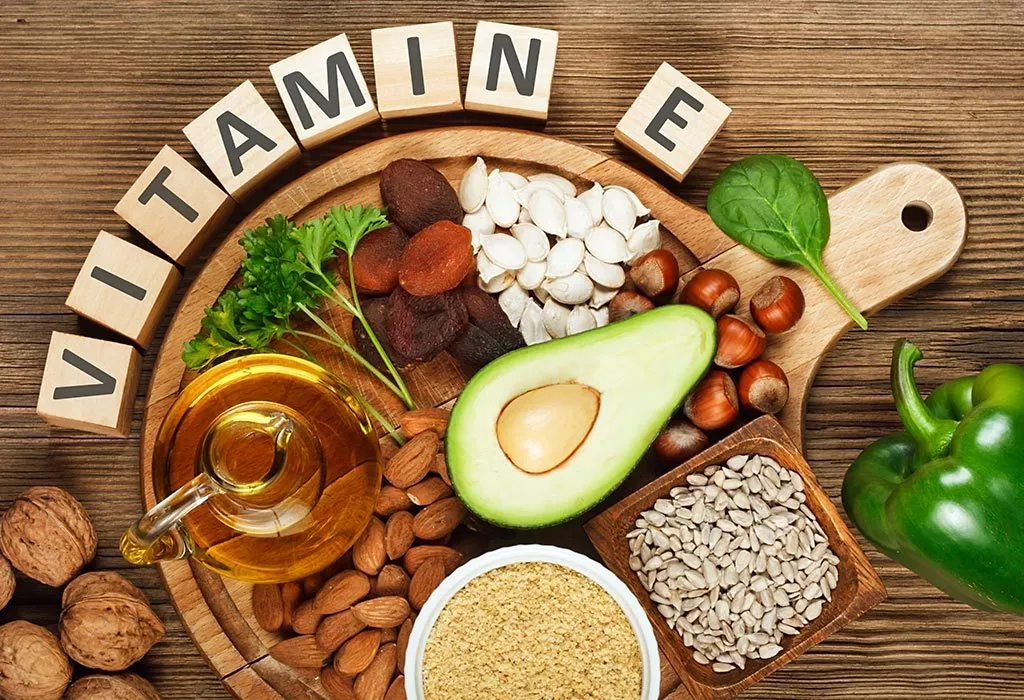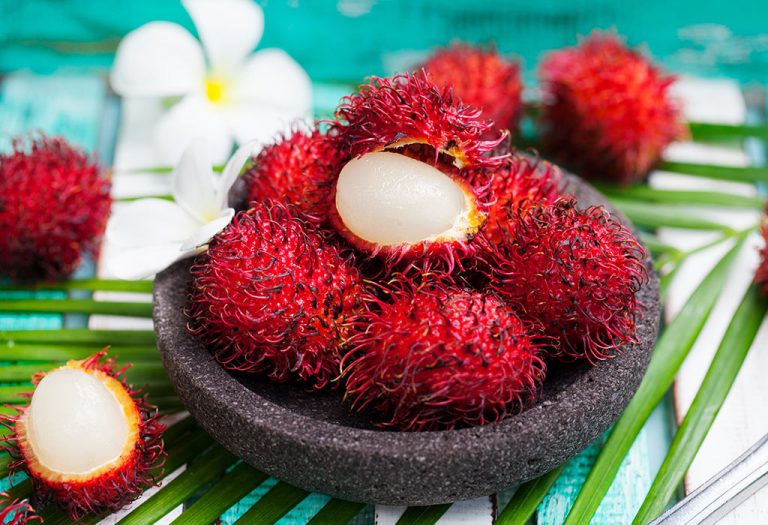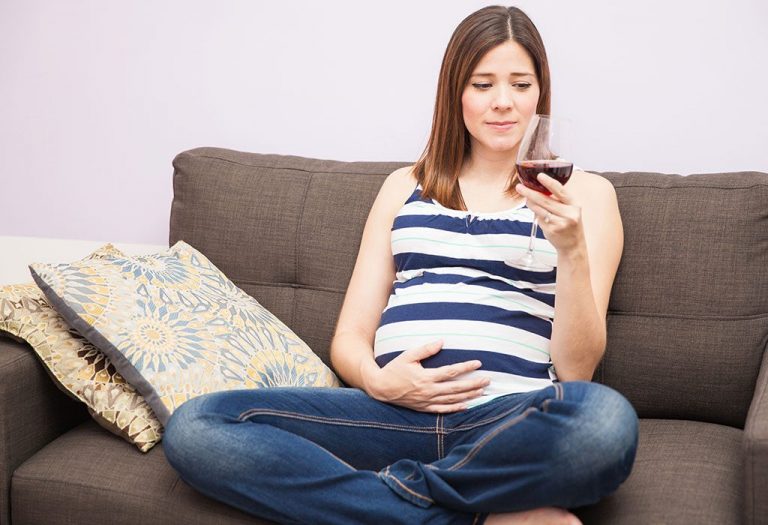Taking Vitamin E During Pregnancy

During pregnancy, ensuring proper nutrition is paramount for the mother’s health and the development of the growing fetus. Among the essential vitamins needed during this crucial time, Vitamin E stands out for its significant role in supporting overall health and well-being. Vitamin E is a fat-soluble vitamin known as Alpha TE or Alpha Tocopherol. Adequate Vitamin E intake during pregnancy is associated with various benefits, including supporting immune function, reducing the risk of complications, and promoting healthy fetal growth. In this article, we look into the importance of Vitamin E during pregnancy, highlighting its benefits and the recommended dosage to support maternal health and fetal growth.
Benefits of Taking Vitamin E During Pregnancy
Pregnancy and Vitamin E are interlinked to each other. An adequate amount of Vitamin E is beneficial for you and your child.
- Vitamin E is an antioxidant and protects the body tissues from free radicals. These free radicals can harm your cells, organs and tissues (2).
- Vitamin E helps produce prostaglandins, which are chemicals whose role is to reduce the amount of prolactin production. Prolactin is a hormone that increases at the time you are ovulating. Vitamin E helps your body balance the prolactin level, which, in turn, aids the female reproductive system in functioning well.
- Vitamin E maintains the structure of fats (lipids) in your body.
- It also helps protect against viruses and bacteria by strengthening the immune system.
- It helps widen your blood vessels, preventing blood clotting inside the vessels.
- Vitamin E helps in the formation of RBC (Red Blood Cells)
- It is good to have Vitamin E oil for stretch marks during pregnancy.
- Vitamin E enables your body to make use of Vitamin K.
- Vitamin E is used by the cells in your body to interact with each other and coordinate various important functions.
- Vitamin E helps to reduce the chances of a miscarriage if consumed in the early stages of pregnancy.
How Deficiency of Vitamin E Affect the Pregnancy?
During pregnancy, maintaining adequate levels of essential nutrients like Vitamin E is crucial for the health of both the mother and the developing baby. A deficiency in Vitamin E during pregnancy can have various adverse effects on maternal health and fetal development. Here, we explore a few ways in which a deficiency of Vitamin E can impact pregnancy:
1. Increased Risk of Preeclampsia
Preeclampsia is a severe condition characterised by high blood pressure and protein in the urine after 20 weeks of pregnancy. Vitamin E deficiency may contribute to the development of preeclampsia due to its role in maintaining proper vascular function and reducing inflammation (7).
2. Compromised Immune Function
Vitamin E is crucial in supporting the immune system by acting as an antioxidant, protecting cells from damage caused by free radicals (4). A deficiency in Vitamin E during pregnancy can compromise the mother’s immune function, increasing susceptibility to infections and illnesses.
3. Higher Risk of Preterm Birth
Research suggests that Vitamin E deficiency may be associated with an increased risk of preterm birth (6). Adequate levels of Vitamin E are necessary for maintaining the integrity of the fetal membranes and preventing premature rupture, which can lead to preterm labour and delivery.
4. Impaired Fetal Growth
Vitamin E deficiency during pregnancy may impair fetal growth and development. This nutrient is essential for proper placental function and blood flow, ensuring the fetus receives adequate nutrients and oxygen for optimal growth. A deficiency in Vitamin E can hinder these processes, leading to intrauterine growth restriction (IUGR) or low birth weight (8).
5. Increased Oxidative Stress
Vitamin E is an antioxidant that protects cells from oxidative damage. A deficiency in Vitamin E can lead to increased oxidative stress, which may adversely affect maternal and fetal health. Oxidative stress during pregnancy has been linked to complications such as preeclampsia, preterm birth, and fetal developmental abnormalities (3).
6. Neurological Abnormalities in the Fetus
Vitamin E is crucial for the development and function of the nervous system. A deficiency in this vitamin during pregnancy may result in neurological abnormalities in the fetus, including impaired brain development and function. Adequate Vitamin E intake supports proper neurological development in the growing baby (9).
Role of Vitamin E in Embryo Development
Here are a few ways Vitamin E plays a role during pregnancy.
- Vitamin E plays a significant role in the early development of an embryo’s nervous system.
- Vitamin E is critical for developing the embryo’s eyes and head.
- Vitamin E deficiency can result in poor outcomes in pregnancy for the baby and the mother.
- Vitamin E deficiency can lead to anaemia.
- Deficiency of Vitamin E can also result in the risk of increased infections.
- Vitamin E deficiency can result in stunted growth of the embryo.
- Vitamin E deficiency can cause neurological disorders, muscle deterioration, or cardiomyopathy.
- Multiple studies show that children with a higher concentration of Vitamin E at birth have enhanced cognitive abilities at the age of two years.
- Vitamin E improves blood circulation in the mother. When blood circulation in the mother’s body is good, blood circulation in the placenta will also be good—this implies that oxygen reaches the baby and the baby is in a healthy womb environment.
Who Should Take Vitamin E Supplements in Pregnancy?
While a balanced diet rich in Vitamin E-containing foods is the primary source of this nutrient, certain people may benefit from supplementation to meet their increased nutritional needs. Expecting women may consider taking Vitamin E supplements if they have:
- High Blood Pressure
- Menopausal Syndrome
- Premenstrual Syndrome
- Complications in late pregnancy
- Cystic fibrosis
- Hot flashes
- Breast cancer symptoms
Recommended Dosage of Vitamin E for Pregnant Women
High Doses of vitamin E may cause complications during pregnancy. Therefore, you need to be careful regarding the dosage of Vitamin E that you consume. You can always include Vitamin E-rich food in your diet.
- The recommended dosage of Vitamin E for pregnant women is 15 mg from natural sources daily during pregnancy. Always consult your doctor before taking supplements.
- Suppose you are already consuming multivitamin supplements that already contain Vitamin E. In that case, you should only take an additional dose of Vitamin E if the doctor prescribes you to do so.
What if You Consume Too Much Vitamin E During Pregnancy?
- Consuming very high dosages of Vitamin E supplements can increase the probability of congenital disabilities.
- It can also increase your chances of bleeding with the risk of severe bleeding in your brain.
- Increased consumption can increase the risk of heart defects in babies.
Vitamin E Rich Foods
- Leafy green vegetables, like spinach, broccoli, cabbage, etc., are an excellent Vitamin E source.
- Nuts like peanuts, hazelnuts and almonds are also a good source of Vitamin E.
- Vegetable oils like sunflower, safflower, wheat germ, corn oil and soya bean are good sources (5).
- Fortified food like breakfast cereals, bread spreads, margarine and fruit juices also contain good Vitamin E.
- Seeds such as Sunflower seeds also contain Vitamin E. You can sprinkle the seeds on your salad or mix them into your porridge.
- Eggs (boiled) are also a rich source of Vitamin E.
Can You Take Vitamin E Supplements During Pregnancy?
One of the most asked questions among expectant mothers is, “Can you take Vitamin E while pregnant?” It’s generally advised to avoid taking Vitamin E supplements during pregnancy. Research suggests that supplementation with Vitamin E, especially when combined with other supplements, doesn’t effectively prevent pregnancy-related complications such as fetal death, low birth weight, preeclampsia, or preterm birth. It could potentially lead to adverse effects, including heightened abdominal discomfort in expectant mothers. Additionally, there’s evidence indicating a possible increase in the incidence of term premature membrane rupture in women who take Vitamin E supplements (1).
FAQs
1. Can Vitamin E oil be used to prevent pregnancy stretch marks?
Vitamin E oil is often considered safe to prevent pregnancy stretch marks. Its antioxidant properties can help nourish and moisturise the skin, potentially reducing the appearance of stretch marks. However, you must consult your doctor before using Vitamin E oil during pregnancy to ensure it is suitable for you.
2. Are there any interactions between Vitamin E supplements and other medications?
Vitamin E supplements may interact with certain medications, including blood thinners such as warfarin (Coumadin) and antiplatelet drugs like aspirin. You must inform your doctor about all medications and supplements to avoid potential interactions and adverse effects.
3. Are there any risks associated with taking Vitamin E supplements during pregnancy?
While Vitamin E is generally safe when consumed in recommended amounts, excessive intake through supplements can increase the risk of bleeding disorders in both the mother and the baby. Following doctor recommendations and avoiding high-dose supplements is important unless specifically advised.
Vitamin E is necessary for your child’s development and health. An adequate dosage of Vitamin E should be achieved by consuming a well-balanced diet. You should avoid Vitamin E in prenatal vitamins unless recommended by your doctor.
References/Resources:
1. Vitamin E supplementation in pregnancy; World Health Organization; https://www.who.int/tools/elena/review-summaries/vitaminsec-pregnancy–vitamin-e-supplementation-in-pregnancy
2. Vitamin E and C supplementation during pregnancy; World Health Organization; https://www.who.int/tools/elena/interventions/vitaminsec-pregnancy
3. Siddiqui. M. A, Ahmad. U, Ali. A, Ahsan. F, Haider. F; Role of Vitamin E in Pregnancy; ResearchGate; https://www.researchgate.net/publication/350839380_Role_of_Vitamin_E_in_Pregnancy; April 2021
4. Vitamin E and your health; Healthdirect; https://www.healthdirect.gov.au/vitamin-e-and-your-health
5. Vitamin E; NHS; https://www.nhs.uk/conditions/vitamins-and-minerals/vitamin-e/
6. Chen. H, Qian. N, Yan. L, Jiang. H; Role of serum vitamin A and E in pregnancy; PubMed Central; https://www.ncbi.nlm.nih.gov/pmc/articles/PMC6257734/
7. Wang. S, Shi. M, Zhou. L, Huang. H, Mo. S; Correlation of vitamin E level during pregnancy with maternal and neonatal health outcomes: a meta-analysis and systematic review; PubMed Central; https://www.ncbi.nlm.nih.gov/pmc/articles/PMC10331675/
8. Md Amin. N. A, Sheikh Abdul Kadir. S. H, Arshad. A. H; Are Vitamin E Supplementation Beneficial for Female Gynaecology Health and Diseases?; PubMed Central; https://www.ncbi.nlm.nih.gov/pmc/articles/PMC8955126/
9. Vitamin E: necessary nutrient for neural development and cognitive function; Cambridge University Press; https://www.cambridge.org/core/journals/proceedings-of-the-nutrition-society/article/vitamin-e-necessary-nutrient-for-neural-development-and-cognitive-function/E5DD5DBAD50FBBB6E2099A546F7FF4E4; April 2021
Also Read:
Vitamin C in Pregnancy
Vitamin A when Pregnant
Doxinate Oral during Pregnancy
Taking Vitamin B2 (Riboflavin) while Pregnant
Was This Article Helpful?
Parenting is a huge responsibility, for you as a caregiver, but also for us as a parenting content platform. We understand that and take our responsibility of creating credible content seriously. FirstCry Parenting articles are written and published only after extensive research using factually sound references to deliver quality content that is accurate, validated by experts, and completely reliable. To understand how we go about creating content that is credible, read our editorial policy here.






